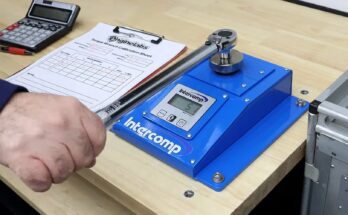Q: The term “Sinofuturism” refers to concepts and aesthetics of a “Chinese future.” It’s been explored by artists, designers, and thinkers in critical or celebratory ways. How do you personally interpret it?
A: For me, Sinofuturism now contains a certain imperial logic, given how China has operated more and more as an imperial power over the past few years, domestically and internationally. That said, I think there are a lot of interesting and productive parts of Sinofuturism that make us question these innate Western beliefs about the value of individualism, the role of work, the disconnection from natural cycles, the separation between mind and body, that are worth investigating. Sinofuturism is also a way to consider what exactly is this imperial force that China’s becoming, and to provoke questions around that.
Q: Even if they don’t cook them, what do you want readers to get from the Sinofuturist recipes in the book?
A: I’d love for people to say, “Hmm, I don’t have access to moon-grown cornmeal,” but to have a sense of wonder about the ingredients that are available to them, and to frame that reality as a weird form of fiction. To question “Why do we eat what we eat?” and understand how that relates to technological change. I was really inspired by a cookbook by Mary Sia, who talks about how in China you don’t get a lot of baked goods; you get a lot of boiled things, and that’s due to the fact that China simply didn’t have enough trees to cut down to generate as much heat as is needed in baking. For me that was a reminder of how what we cook is totally shaped by what is available, as a result of the technology that we use.
Q: What were some of the inspirations behind the recipes you include in the book?
A: I was seeing my Chinese herbalist, who loves to rant about Western medicine and how it doesn’t fully understand the body, and she was telling me about how the brain is not one of the 11 vital organs in Chinese medicine. It’s not essential to the system of qi. I thought it was fascinating because when I was interviewing computational neuroscientists, you know, the brain is the center of everything in Western clinical medicine. It controls your heartbeat, your lungs; it’s the center of thinking: you wouldn’t be a person without it.
My herbalist gave me some ideas on what nourishes qi, so I decided to use her sage advice in a recipe for AI porridge.


